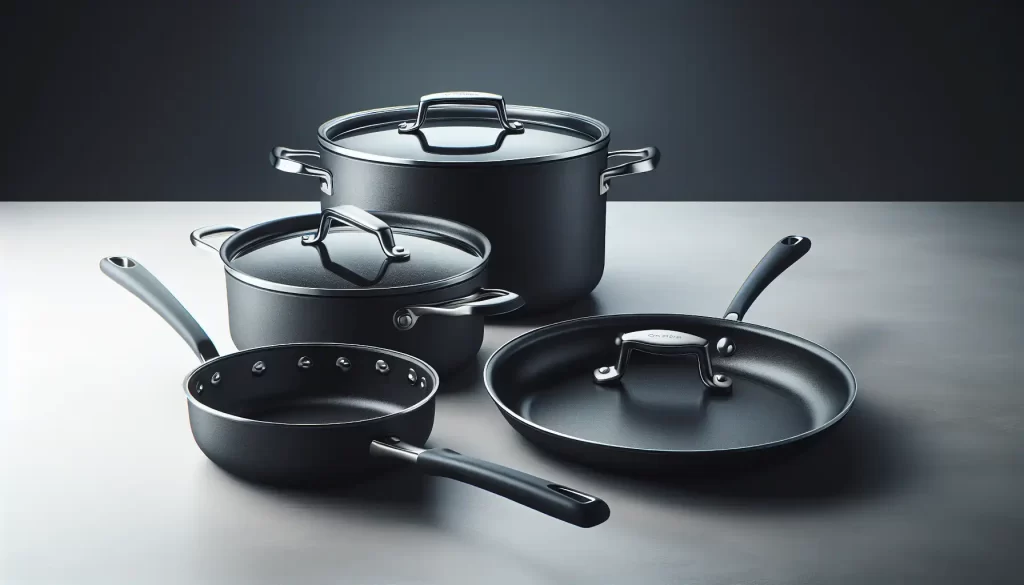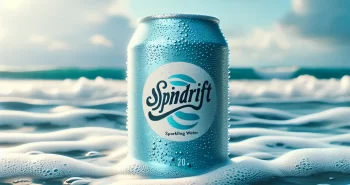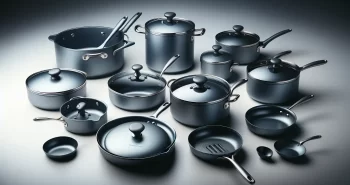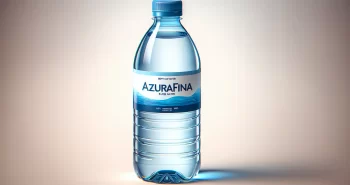Hard Anodized Cookware PFAS: Get Legal Help

Does hard anodized cookware have PFAS? If you’ve been exposed to PFAS from your cookware, you may be eligible for a legal claim. Some brands have included PFAS in nonstick layers, and lawsuits are ongoing. Here’s what you need to know to protect your legal rights and Get Legal Help.
Some brands, like Anolon Achieve Hard Anodized Nonstick Cookware, have made a conscious choice to include PFAS compounds in their nonstick surfaces, using goodies like Fluoropolymer, PTFE, FEP, and PFA. These chemicals boost the slip and slide factor, making it easier to flip pancakes. But the debate lingers over health implications.
Now, hard anodized cookware itself? That’s a pretty solid choice, usually scoring high on the safety test. However, the key is to keep an eye on what’s in that nonstick layer. If you’re trying to sidestep those PFAS gremlins, it pays to be picky about the brands and products you’re inviting into your kitchen.
The trick is to become an undercover detective. Check those specs! Is your cookware sneaking in any PFAS? Manufacturers often provide a list of what goes into their products. Aim for the ones waving the “PFAS-free” flag. When you make informed choices, you can get all the perks of hard anodized cookware—durability, good looks, and ease of use—without the health worries weighing in. So, whip up your meals with confidence knowing your cookware won’t give you the unwanted side of chemicals.
Table of Contents:
PFAS in Cookware: Legal Concerns
When looking at potential health risks from cookware, one term that comes up a lot is PFAS. It’s important to know what these are and why they’re a big deal, especially in relation to cookware like pots and pans that might have them. So, let’s break down what PFAS are all about, their link to hard anodized cookware, and why folks are worried.
Cookware Brands Facing PFAS Lawsuits
Hard anodized cookware is all about making your pots and pans tougher. It usually involves treating aluminum to make it super durable. This means it’s not gonna react with food, get all scratched up, or start rusting. The cooking world loves this stuff because it gets hot fast and can handle super high temperatures, which is why you see it in so many kitchens.
Legal Cases Involving Hard Anodized Cookware
Alright, let’s talk about why some folks give side-eye to certain cookware. The big worry here is the PFAS that sometimes get added in. Take Anolon Achieve Hard Anodized Nonstick Cookware, for instance. It’s got Fluoropolymer, PTFE, FEP, and PFA, all from the PFAS family, to make the surface slippery and nonstick. This is where the concern pops up for health advocates and picky shoppers.
Now, before you toss your pans, know this: hard anodized cookware generally gets thumbs up for being safe and up to food standards. The metals stay put and don’t sneak into your meals, which makes them trustworthy for most cooks. Still, keeping an eye out for options that skip the PFAS chemicals in their nonstick layers is a smart move if you’re aiming to dodge any health risks.
Figuring out how hard anodized cookware and PFAS relate can help us decide what pans to bring into our kitchens. Knowing what’s in your cookware and weighing the risks lets you make choices that protect your family and keep your cooking space as healthy as you cook up some delicious meals.
Current Lawsuits and Legal Actions Related to PFAS in Cookware
PFAS in cookware’s raised red flags for shoppers and set off a flurry of lawsuits against brands mixing these nasty chemicals into their products. Figuring out which brands might be tangled up in this PFAS trouble is a big deal if you’re on the hunt for some justice or payback.
Identifying Brands Potentially Affected by PFAS Contamination
Anolon Achieve Hard Anodized Nonstick Cookware has been at the center of attention for using PFAS like Fluoropolymer and PTFE to boost its slipperiness. If you’ve got some Anolon Achieve pots and pans at home, you could be getting more than you bargained for in terms of exposure to these hidden menaces.
What to Do if You Suspect Your Cookware Contains PFAS
Think your cookware might be dishing out PFAS, especially if it’s Anolon Achieve? It’s time to jump in and do something about it. Call the company or store and ask what’s really in your cookware. Look for options that claim they’re PFAS-free to keep your loved ones safe from these unwelcome guests.
Understanding Your Legal Rights and Options
Been hit hard by PFAS exposure from cookware like Anolon Achieve? You’ve got rights, and they might include going after damages. Knowing how PFAS can mess with your health is key to stepping in the right legal direction. A chat with lawyers who know the environmental law ropes is a must to see what routes you can take.
How to Join a PFAS Cookware Lawsuit
Thinking about jumping into a PFAS lawsuit? Whether it’s Anolon Achieve or another brand in the hot seat, there’s a path to tag along. Legal pros who’ve got the inside scoop on PFAS cases can guide you through it. Team up with groups or lawyers fighting the eco-good fight, and you could be well on your way to standing up against PFAS nonsense.
Keeping an eye out for brands tiptoeing around PFAS, knowing your legal stuff, and thinking through your options for action means you can hit back hard against PFAS in cookware. Stay in the loop about what’s happening with PFAS cases and trust in the legal whizzes to help you sort through all the hassle for that PFAS payback.









